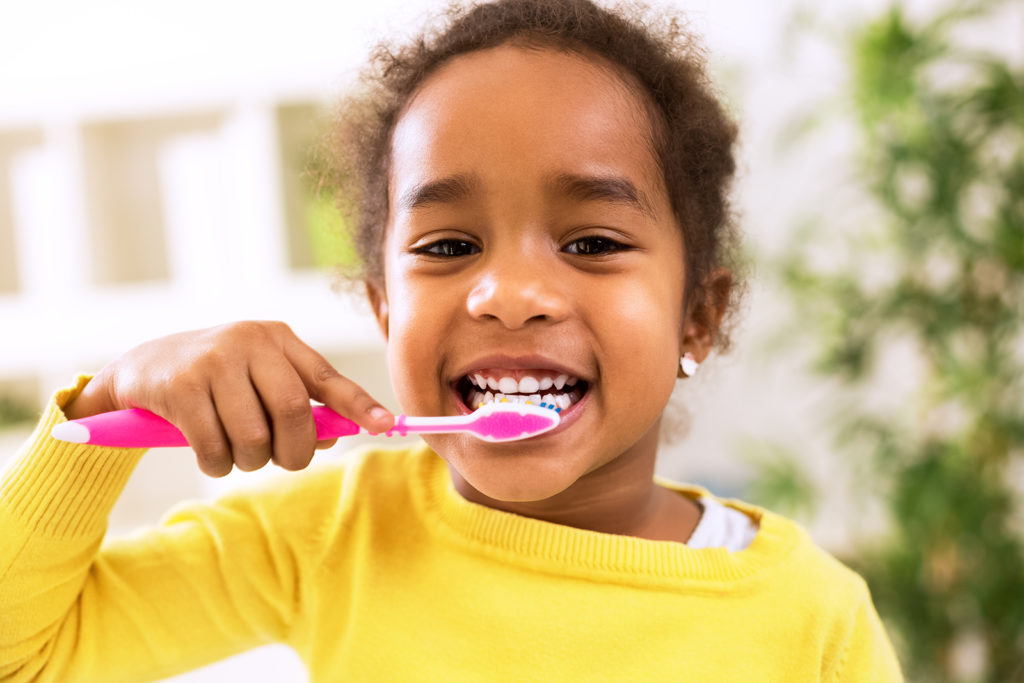
Children’s Health Care: What is Tooth Decay?
Teeth are some of your children’s most important possessions. How you look after their teeth from the time they are babies will make a difference to how they grow and how healthy they are. This means not only how you clean them but also how you protect them from things that can harm teeth.
Tooth decay (dental caries) happens when germs in the mouth create a sticky covering called plaque on the tooth surface. These germs feed on sugars in food and drinks and produce an acid that damages the tooth surface. Over time, this acid eats away at the surface of the tooth, creating holes or ‘cavities’.
Tooth decay can cause pain and infection. It can even affect children’s growth. Severe decay in baby teeth can have serious consequences for your child’s nutrition, speech, and jaw development.
The longer tooth decay is left untreated, the more your child will experience:
- pain and discomfort
- a higher risk of new decay in other baby and adult teeth
- more complicated and expensive treatment
- anxiety when he visits a dentist
- loss of time at school.
Early tooth decay can be hard to spot. The first sign of tooth decay is when teeth develop a dull, white band along the area at the base of the teeth, near the gums. You might also see brown spots on the teeth, and the gums might be red and swollen.
With more advanced tooth decay, you might notice blackened holes in the teeth or broken teeth. If the decay has led to an infection, you might notice lumps or pimples on the gums or swelling around the gums and face.

Cleaning and caring for children’s teeth early on sets up good dental habits for life, but it is not a guarantee against tooth decay. The food and drink you give your child also affect dental health and the development of tooth decay. Children need a wide variety of healthy foods and snacks. Foods and drinks low in sugar are best. Avoid giving your children sweet biscuits or cakes.
Healthy eating habits can also prevent tooth decay. This means being careful about when and how your child eats. The longer food and drink stays in your child’s mouth, the more chance there is for acid to develop and damage tooth enamel. So grazing on foods and sipping drinks over long periods of time is more likely to cause tooth decay.
Regular dental check-ups can help your child avoid tooth decay. Your dentist will tell you how often your child needs a check-up. Dentists usually recommend every 6-12 months.
If you think your child has tooth decay, it is important to visit a dentist to stop the decay or infection from getting worse. If your child has signs of being unwell, like a fever or facial swelling, and you think these might be because of dental problems, see your doctor or go to a hospital emergency department straight away.
